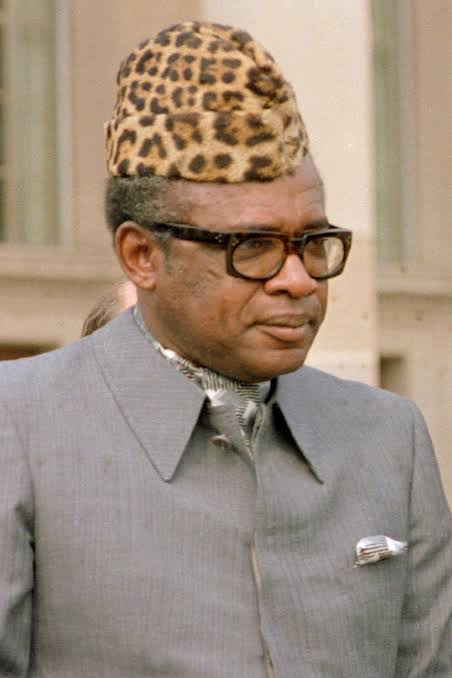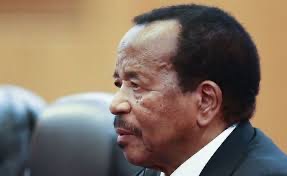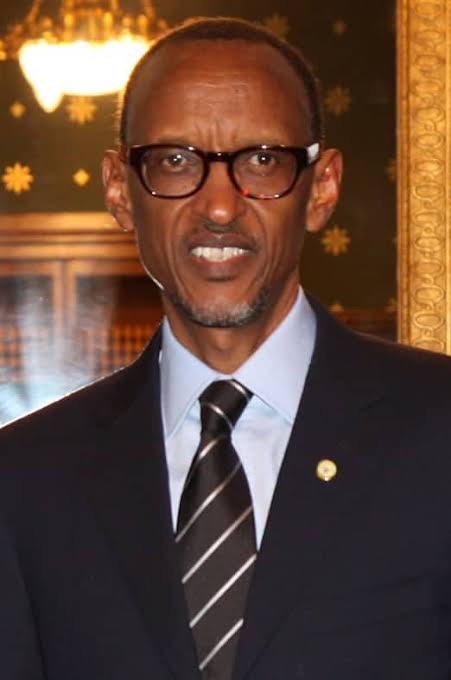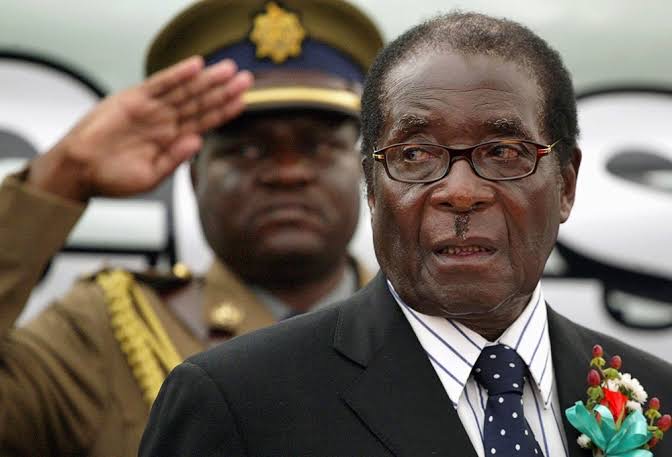By Olakunle Agboola – Africa continues to be the focus of the world with longest-ruling heads of state who have being in office for decades and not ready to take a bow. By the turn of the twenty-first century, the trend of entrenched leadership had spread across the continent of Africa, spurring corruption, instability, societal fractures, and economic stagnation. But the trend may be reversing, in part due to sustained pressure by civil society groups and regional blocs.

Many African countries struggled with transfers of power in their first half century after independence. Leaders who gained recognition during national movements for independence consolidated power and bound their own positions in office with their countries’ national identities. By early 2019, three African heads of state had been in power for more than three decades each: Teodoro Obiang Nguema Mbasogo in Equatorial Guinea, Paul Biya in Cameroon, and Yoweri Museveni in Uganda. More than a dozen other African heads of state have been in power for at least ten years. In August 2017, Angolan President Jose Eduardo dos Santos stepped down after thirty-eight years in office, and in November of that year, Zimbabwean President Robert Mugabe was forced from office after thirty-seven years by a military coup. In 2019, Sudan’s Omar al-Bashir was ousted after three decades in power.

Leaders are increasingly securing longer terms through “constitutional coups,” proposing amendments for approval by the legislature or judiciary, or in national referenda, that allow for additional terms in office. This practice grew more frequent after 2000, when many postcolonial leaders were nearing the ends of their constitutional term limits.
Since then, at least seventeen heads of state have tried to remain in power by tweaking their countries’ constitutions. Namibian President Sam Nujoma did so in 1998, followed by Gnassingbe Eyadema, the president of Togo, in 2002. One year later, the Gabonese parliament voted to remove term limits from its constitution, allowing President Omar Bongo to run for a sixth term. Following these initial instances, attempts to extend terms became fairly regular occurrences, popping up every one to two years on the continent in countries including Angola, Burkina Faso, Burundi, Cameroon, Chad, Djibouti, Equatorial Guinea, Guinea, Niger, Nigeria, the Republic of Congo, Rwanda, Senegal, Sudan, and Uganda.
Many experts say that countries lacking an effective political opposition are vulnerable to constitutional coups. Though several countries across sub-Saharan Africa tout themselves as multiparty states, some, including Cameroon and Rwanda, remain de facto one-party states. Rwanda’s Paul Kagame, who has effectively been the country’s leader since 1994, secured another seven-year term in August 2017, with the electoral commission reporting he had the support of almost 99 percent of voters. “Executives are able to act with impunity because there is no strong, organized opposition to challenge entrenched incumbents and push them toward a genuine political opening, Zambian President Frederick Chiluba’s and Malawian President Bakili Muluzi’s proposals to raise presidential term limits in 2001 and 2003, respectively, were stopped after opposition and civil society groups formed alliances with lawmakers from the countries’ ruling parties. In 2006, Nigeria’s senate rejected an amendment put forth by President Olusegun Obasanjo that would have allowed him to serve a third term. Citizens have often opposed constitutional coup attempts through protest, at times successfully blocking them. Gambia’s small size and geography conspired against former President Yahya Jammeh, who ruled from 1994 until his ouster in 2017.

The African Union (AU), which has prevented some military coups by threatening countries with suspension, sanctions, or military intervention, has been criticized for not taking similar actions against attempts at extending presidential terms. In 2012, the AU ratified the African Charter on Democracy, Elections and Governance which calls on its member states to identify illegal means of accessing power or staying in office, including refusals to relinquish power after free, fair, and transparent elections” and constitutional amendments that infringe upon “the principles of democratic changes of power,” and sanction those responsible. In January 2017, the AU stated it would not recognize Jammeh, who lost the 2016 election but nonetheless attempted to stay on.
The West African bloc ECOWAS has also become active in some cases. A military offensive by ECOWAS troops forced Jammeh to step down and leave the country. The body often deploys observers to help ensure free and fair elections in the region; in 2019 it sent observers to Nigeria and Senegal. ECOWAS leaders discussed a proposal to ban presidents from seeking third terms at a 2015 regional summit, but the bloc postponed a decision due to opposition from Togo and Gambia.

Africa continues to be a challenging continent due to ineptitude of understanding the ideology of political power that has profound insight on humanity. What is the essence of political power, if it is not for the greatest good of mankind? This is the major reasons scholars attested to the necessity of leadership training and building capacity for young and aspiring leaders in Africa to see beyond the politics of selfish interest, corruption and tyranny.
Kindly follow us on twitter:@AfricanVoice2








